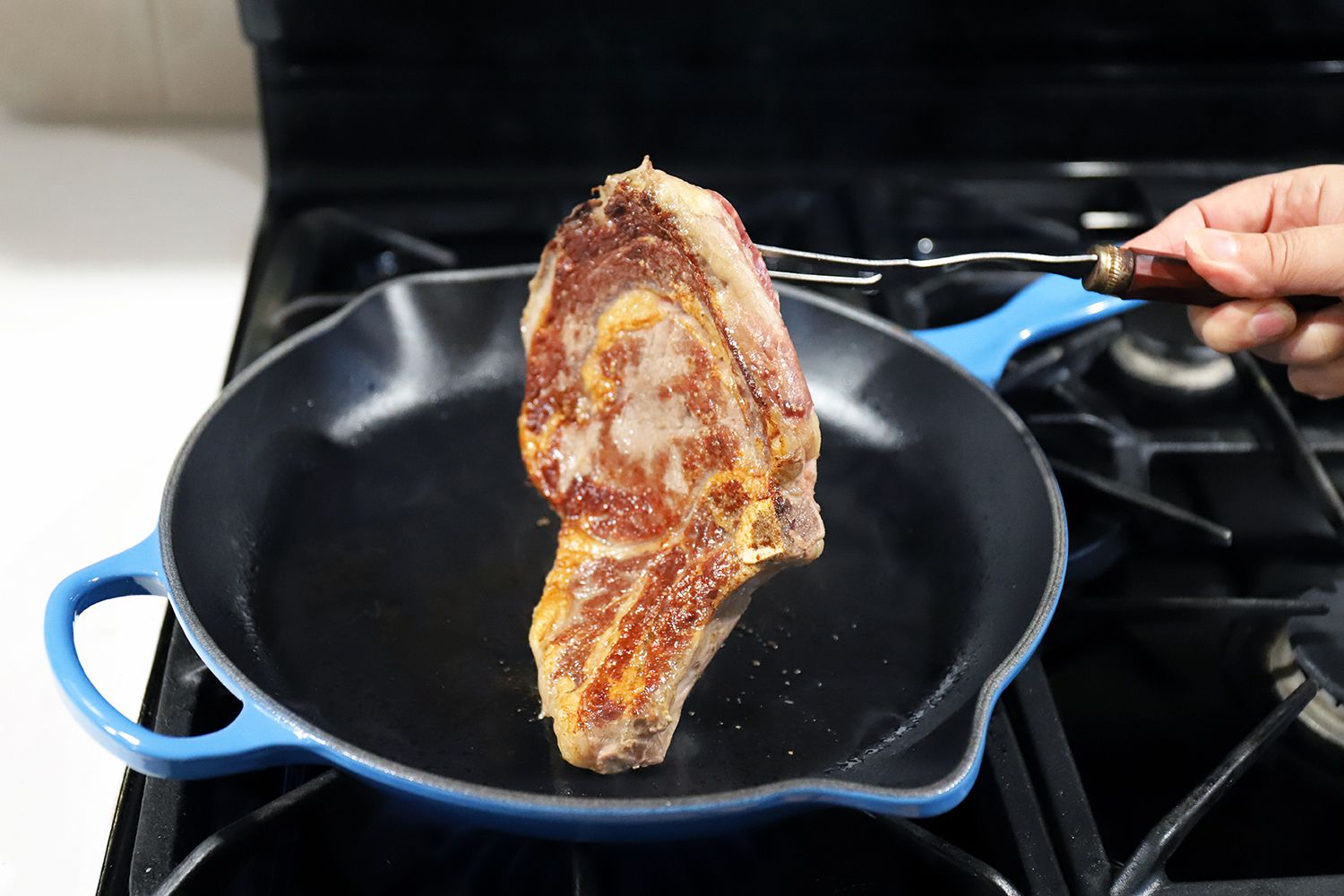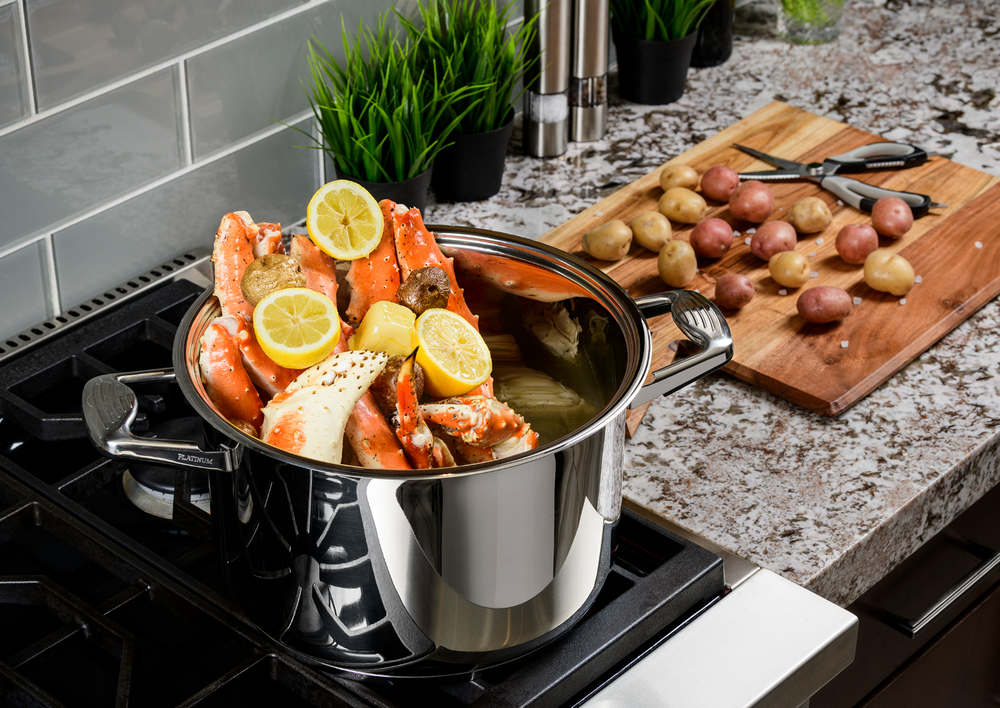As kitchen professionals, you may already know the importance of proper seasoning for maintaining the quality of your cast iron cookware. However, the question often arises, why is my cast iron brown after seasoning? This phenomenon can leave many chefs puzzled, especially when they've invested time and effort into seasoning their pans thoroughly. In this article, we will delve into the science behind the browning of cast iron, the factors that contribute to this condition, and how you can address it.
Understanding the intricacies of seasoning cast iron is crucial for all culinary experts and kitchen enthusiasts. The browning of your cast iron can be a result of various factors such as the type of oil used, the seasoning process, or even the cooking techniques employed. Let's explore these aspects in depth.

Understanding Cast Iron Seasoning
Before we go further, lets clarify what seasoning actually means. Seasoning is the process of applying a layer of fat to the surface of the cast iron cookware and then heating it until a polymerization reaction takes place. This forms a non-stick coating that not only protects the iron but also enhances its cooking performance.
The key to a well-seasoned skillet lies in a high-temperature baking process that transforms the oil into a bond with the iron. Its important to choose the right kind of oil, as not all oils are the same when it comes to seasoning. In general, oils with a higher smoke point such as grapeseed, avocado, or flaxseed oil tend to yield better results. A detailed review of neutral oils for seasoning can provide additional insights.
Hello, My Skillet is Brown!
If you've recently seasoned your cast iron cookware and observed a brown color instead of the expected deep black, several factors may be at play. Firstly, the type of oil you used can significantly influence the result. Some oils can create a brownish tint simply based on their natural color and characteristics.
Moreover, over-seasoning can also lead to additional browning. If you apply too thick a layer of oil, it may not fully polymerize, leading to uneven spots that can appear brown. Applying a thin coating and ensuring that your cast iron is heated properly can help achieve that desired black finish.
Common Reasons Your Cast Iron is Brown
Let's now analyze some common reasons for your cast iron turning brown after seasoning, providing you with actionable solutions. Each contribution will help not only in rectifying the problem but also in advancing your cooking skills.
- Type of Oil Used: As previously mentioned, choosing the right oil is critical. Oils with lower smoke points can burn during the seasoning process, leading to the brown appearance.
- Improper Heating: Ensuring that your cast iron is heated effectively after oiling is essential for proper seasoning. Insufficient heat can cause the oil to not bond correctly, leading to a brown finish.
- Overlapping Layers: Applying multiple layers without properly heating each one can produce unwanted browning as the previous oil layers may not cure correctly.
- Contamination: If you've cooked food with strong pigments, such as tomato-based sauces or spices, this can stain your cast iron and contribute to a brownish hue.
How to Fix Brown Cast Iron Cookware
Finding your cast iron brown after seasoning doesn't mean that it's ruined. Here are some unmissable tips to restore your skillet to its intended glory:
- Re-seasoning: Remove the old layer of oil with a gentle abrasive pad and reapply a fresh layer, ensuring to use high-smoke point oils.
- Correct Application: Always remember to apply oil in thin layers to avoid buildup.
- Use of Vinegar: If your cast iron is exhibiting a significant brownish layer, sometimes soaking it in vinegar can help lift the unwanted residues.
- Regular Maintenance: Regularly cleaning and maintaining your cast iron can prevent unwanted coloration.
:max_bytes(150000):strip_icc()/GettyImages-614986450-2000-f7ac499e535845c2903ff48843e0b142.jpg)
FAQs
1. How often should I season my cast iron?
It largely depends on usage. If you find your food is starting to stick or you see signs of rust, it's time to re-season.
2. Can I use vegetable oil for seasoning?
While you can use vegetable oil, it's better to opt for oils with a higher smoke point for better results.
3. Whats the best way to clean my cast iron?
The best way is to use hot water and a scrub brush, avoiding soap unless absolutely necessary.
If you want to read more about how to redo cast iron seasoning, check out this article.
As an Amazon Associate, I earn from qualifying purchases.






Leave a comment
This site is protected by hCaptcha and the hCaptcha Privacy Policy and Terms of Service apply.